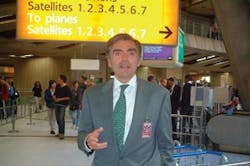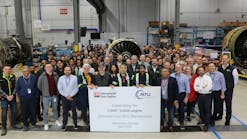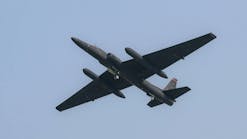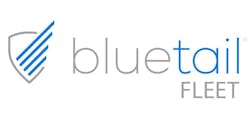In the climate of airlines outsourcing operations, ground handlers are searching for ways to entice carriers. Sizeable, global handlers can offer extensive services worldwide while many regional and family-owned providers rely on niche markets and their base location. The challenging business environment in aviation today has posed these smaller providers with a predicament; how to compete with the champion international companies and avoid being swallowed up. In 1999, the British Company, Gatwick Handling and French Alyzia Airport Services, a subsidiary of Aeroports de Paris, created a coalition based on the airline alliance model to give ground handlers an edge in the airport services market. Aviance was to develop synergies through cooperation, standardization and harmonization; and according to Alain Chapgier, general secretary of Aviance, the alliance offers the same output to the carriers as large, global providers like Menzies and Worldwide Flight Services.
Larger Than the Sum of Its Parts
The old adage a single twig snaps easily, but many together are strong applies to the nine members of Aviance. Together they share experience and market intelligence, benefit from first hand information via local Aviance members, even exchange supervisory employees to broaden expertise, support each other and intensify alliance awareness. But as an alliance, and not a company, each member retains its financial and legal independence while still implementing the power of partnership.
“There does exist a small company called Aviance Limited,” says Chapgier, “which is a legal vehicle to contract either for sale or to buy.” The purpose of Aviance Limited, which is owned by all the members of the alliance, is to be a legal entity able to subcontract services as well as purchase and provide equipment.
According to Chapgier, Aviance could purchase, for instance, 12 loaders from FMC Airport Systems in the US and then resell those loaders individually to the various members of the alliance. At the same time, Aviance Limited can sell ground services. For example, if Air India wanted to use its services in six countries, Aviance Limited could subcontract the agreement and services to local members in each country.
“It is an alliance, but in order to smooth its operation and to enable it to contract, the alliance created a side company which has a legal viability…,” says Chapgier. But he stresses that Aviance is an alliance like Star Alliance or SkyTeam (which was created at the same time). “We do not buy each other.”
As a member each company agrees to abide by the Aviance code of conduct while maintaining their corporate independence. The partnership gives each member the ability to consider new business for which an individual member would not have the appropriate resources alone. Aviance allows selected handling members to act as one global provider which can deliver the same high standards of service to various carriers in various countries.
Standardizing Operations Across Continents
Important not only because airports are turning to more common use technology, but also for the one contract concept, Aviance considers its quality management key. It has ISO 9001 certification and Airport Handling Manual 804 internal cross certification with Aviance quality auditors, licensed by IATA. In addition, Service Level Agreements are part of each client’s Ground Handling agreement.
Standardization also allows the worldwide image of Aviance as a service provider with consistent operations, giving local members a competitive advantage and differentiating Aviance from competitors.
Size Doesn’t Matter in Communication
“In this alliance there is a board of directors,” says Chapgier. Each company is on the board and has an equal vote regardless of the company size so each is represented fairly. “They communicate almost daily and they meet almost every month.”
Aviance also coordinates communication via working groups and a steering committee. Knowledge is shared through an Intranet available to all partners discussing sales approaches, operational experience, best practices and specific know-how.
Differences in size and in culture are surprisingly overcome in this international alliance. “Aeroports de Paris is state owned,” says Chapgier, “on the other side of the scope you have family businesses like, Laufer, a family business in Israel, so they are completely different in terms of culture and values and things like that. Still instead of conflicting they nurture each other.” He believes it is the differences that benefit Aviance, since each company brings its own ideas, opinions and vision to the alliance.
Round One: Aviance
So where will Aviance be in the future? “It is similar to the airline alliances like SkyTeam or One World and therefore I see Aviance growing in size,” says Chapgier.
And with the trend set for airlines to outsource more and more of their operations, Aviance is striving to be more than a service provider. Prospects include becoming the airline station itself (zero staff) and developing a partnership with other airport service groups such as catering, fueling and security, in order to offer airline customers all airport related services. This new challenger in the ring of airport services business is, so far, holding its own against heavy weight champions and reshaping the traditional business model for the future.





